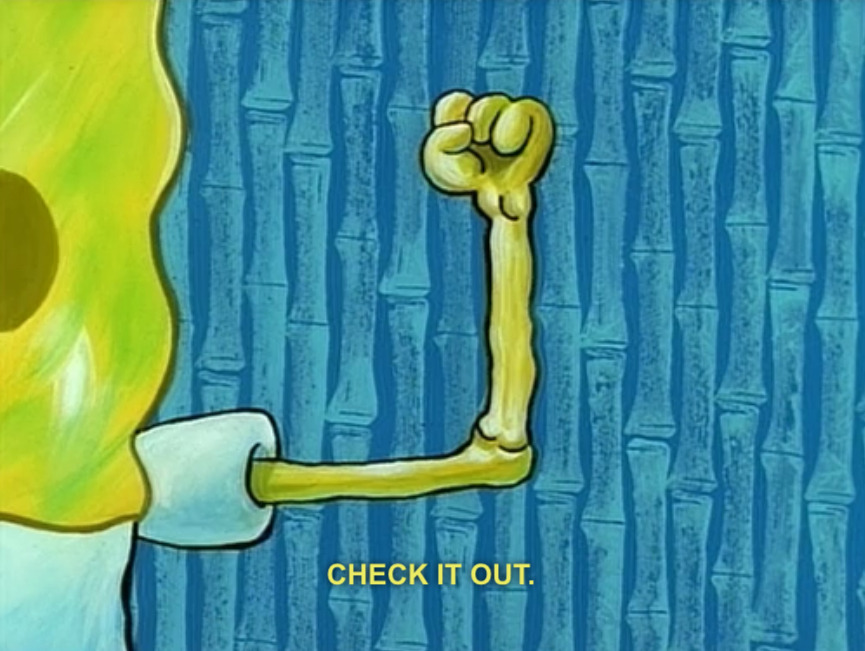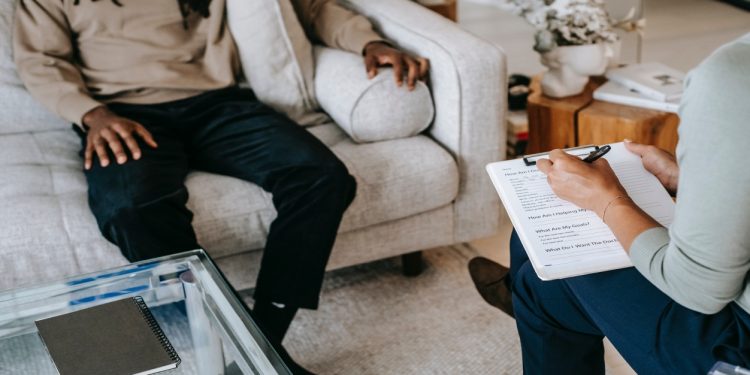For the lucky amongst us, 2020 was a restful year that allowed us to find some semblance of balance, and to get back in touch with forgotten hobbies — a bulk of us also started our own sourdough cultures. And for the less lucky, 2020 was an absolute nightmare — the year of getting madly overworked, and worse, getting fired or losing family members.
Whichever end it is that you were on, 2021 is a great opportunity to start fresh. The best way to come off of a very tiring 2020 is to make 2021 matter as much as we can. But we can’t do that without acknowledging and dealing with 2020’s after-effects.
In 2020, here’s what people spoke to their therapists about
Oh, and people needed a lot more therapy than they ever have in 2020. COVID-19 and quarantine brought an onslaught of historic mental health problems, from depression, substance abuse, and post-traumatic stress disorder, to an increase in suicide rates across the globe.
In the United States, a federal emergency hotline for people in emotional distress saw a 1,000 percent increase in calls, compared to the same time a year before, in April 2019. An online therapy company called Talkspace reported a 65% jump in clients in just three months from mid-February 2020.
Closer to home in Singapore, Straits Times reported in October 2020 that more in Singapore had been seeking mental health aid, amid the COVID-19 outbreak. A non-profit organisation dedicated to the mental well-being of youth called Limitless voiced that numerous clients’ mental health had deteriorated, as they had lost access to coping activities and social support when stuck at home quarantining.
In other solemn statistics, Samaritans of Singapore, which focuses on suicide prevention received 26,640 calls for help between January to August 2020. This is up approximately 5,000 calls than the same period the year before, in 2019.
Mental health professionals seem to agree on a general consensus that while there were many people seeking therapy due to reasons specific to COVID-19, a majority of new therapy seekers had general worries and concerns.

Put simply by psychologist Robert Gurwich of Duke University Medical Centre, more people sought therapy for the same reasons as before, but they were magnified as a result of the pandemic.
Michael Stein, a psychologist in Denver and president of Anxiety Solutions said, “If you had asked me before the pandemic started, ‘If you could impose something on people that would create more depression, more anxiety and more stress, what would you do?’ I’d say, well, make everybody stuck at home ― so that’s what is happening here.”
Some of the most recurrent themes in 2020’s therapy sessions included uncertainty, police brutality and racism against Black people, financial concerns, and feelings of disappointment.
The pressure to succeed under pressure
Many on social media have been quick to flaunt their newly acquired skills, some even going so far as to say that those who’ve not acquired new skills during COVID-19 should reconsider their lives. Well, that’s entirely untrue and unrealistic. Most of the time, these opinions come from a point of privilege that not all of us have had during the pandemic.

According to Dr Stein, being forced into both physical and emotional inactivity could cause mental health issues. Atop that, pandemic quarantines also introduced other external stress elements, like changes in childcare and reduced work hours. And the icing on the cake? The pressure that we put on ourselves to come out richer despite all of these changes.
“We have this idea that we’re supposed to be operating at a 10 when our lives demand us to really focus on our basic needs,” McCain said, adding that “if your basic needs aren’t met — things like your safety, physiological needs ― it’s really hard to focus on those higher-level needs.”

So before you set your goals for 2021, make sure that you’re not grasping at straws. There’s a high chance we’re still dealing with the lifestyle changes that 2020 brought us, so make sure to put an updated spin on SMART goals (specific, measurable, achievable, relevant, and time-based goals). Set a yardstick to personally excel while staying healthy.
Three resolutions and what they could look like, come 2021
For starters, what about accepting change? Everything, from our families to our jobs have changed during the pandemic, and those things will only change more as the world begins to ease off of the pandemic. Try to form resolutions that make a skill out of adapting to change. For instance, one of your resolutions could be “Practice letting go of expectations”. While there’s nothing wrong with wanting to improve your future self, make sure you’re stopping to smell the roses. Living in the now is one way to feel more fulfilled in these staggering pandemic times.

Body resolutions are almost there by default on our yearly resolution lists, right? But that’s also part of why 80% of January gym-joiners tend to quit within five months. Instead of looking towards external measurements for affirmation, why don’t we pivot towards looking at internal measurements in 2021, instead? One such way could be to listen to your body and avoid foods that make you lethargic, instead of going on a restrictive no-carb diet. And if that doesn’t work for you, find something that does by listening to your body. To each their own. More than anything, self-care ≠ self-love.
As a third resolution, maybe spend 2021 contributing with compassion to our socially-charged climate. Between Black Lives Matter in 2020, America’s elections, and the Beirut explosion amongst many other things, humankind is in need of empathy, and support now more than ever. Perhaps you could spend some time considering how to contribute to positive activism beyond just hashtag activism.

Come 2021, learn to eat, buy, and spend with compassion because others’ opinions deserve to be heard just as much as ours.
Join the conversations on THG’s Facebook and Instagram, and get the latest updates via Telegram.














